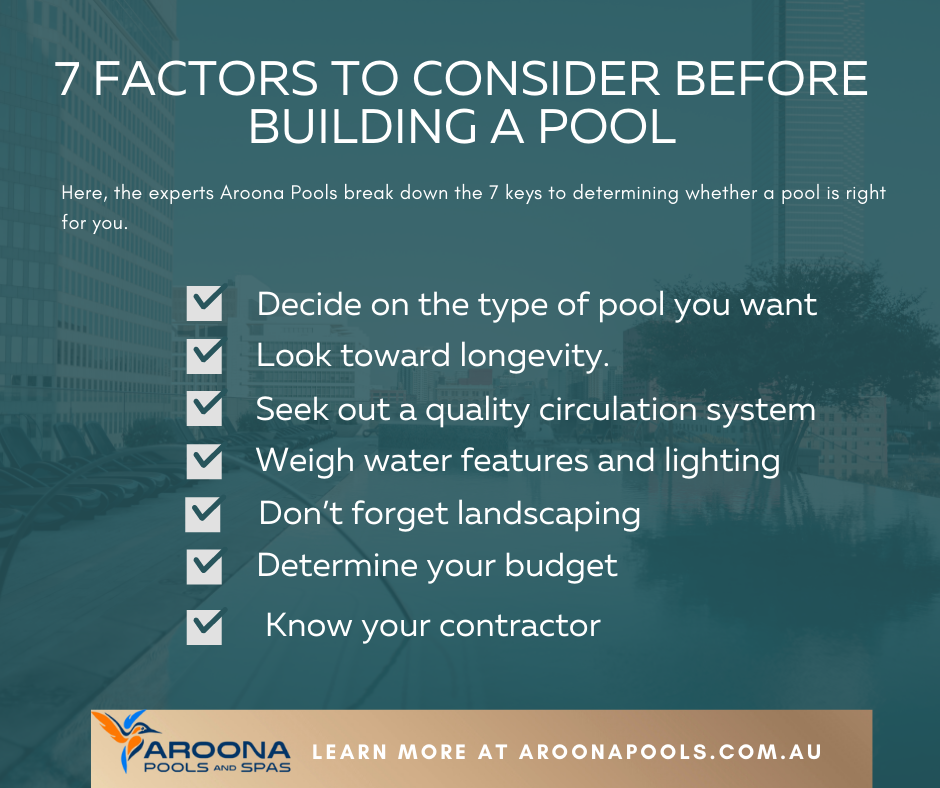
Swimming Pool Care Basics
Swimming Pool Care Basics
Many people spend plenty of time, money, and energy on swimming pools and often forget about their cleaning routine. Pool owners, professional swimming pool service providers, and swimming pool repair technicians alike should all be kept informed of current pool water quality information so that they can make the best decisions for swimming pool care. In fact, swimming pool owners and service providers should be regularly tested for any possible organic contaminants, pH levels, saltwater, or freshwater quality issues. Following are some general swimming pool care guidelines that should be incorporated into monthly or weekly pool maintenance plans.

Swimming Pool Basic Care
Pool Equipment care
Maintaining a swimming pool is extremely important and requires diligence. Proper pool maintenance involves an efficient removal and replacement of swimming pool equipment including filters, pumps, heaters, and skimmers. When pool equipment needs to be replaced, it’s important to choose a company with high-quality parts that come with manufacturer’s guarantees. Swimming pool maintenance companies should also provide warranty coverage on their swimming pool cleaning equipment and services. For example, if a filter is damaged or wears down to the point it must be replaced, a good swimming pool care provider will replace it for you free of charge.
Pool Water Chemicals
It’s also crucial to pay attention to your swimming pool’s chemicals as they affect swimming pool care. Many swimming pool owners fail to properly maintain or read the instructions and indications for swimming pool chemicals. Some swimming pool chemical systems include separate tablets for saltwater and freshwater use. You should read and understand the chemical description and usage instructions on both sides of the coin. Be sure to replace swimming pool chemicals as directed.

Salt & Chlorine Maintain
One swimming pool care guideline worth noting is the fact that swimming pool owners should never add any type of salt, chlorine, or chlorinate water to a swimming pool. These chemicals are added to keep swimming pool water clean and safe. Although swimming pool owners may want to use these disinfectants, it’s wise to avoid using chlorine or saltwater pool treatments. Chlorine can cause immediate burns and redness; saltwater chlorine causes corneal damage and stomach ulcers. It’s also important to note that swimming pool salt and chlorine are not the same thing.
Inspecting the Pool Regularly
Another swimming pool care guideline to follow is taking care of your pool. First, regular pool maintenance is absolutely necessary; this can be done by either a professional swimming pool care provider or by you. Regular pool maintenance includes inspecting the filter, cleaning it out, and testing its functionality. If your pool requires a more thorough cleaning, then you might consider renting or buying a swimming pool vacuum. These devices can help take care of algae and other microorganisms that can build up in your pool. They can also remove leaves and dirt that naturally collect in your pool.
Solar Covers/ Heaters
Many swimming pool owners choose to install solar covers or heaters. Solar covers, such as the Quickstep, help to regulate temperatures within the pool area, while heaters, such as the Thermacool, provide your pools with additional heating. These devices are easy to use, don’t require electricity, and add little maintenance. Most are affordable and help to save you money on your heating bills.
Conclusion
Lastly, proper maintenance can keep your swimming pool clean and safe. For above-ground pools, it’s recommended to sweep up debris daily, especially around the edges of the pool. This will prevent unsightly grasses and plants from growing into the pool’s pool bottom or surrounding areas. As an added measure, consider using a brush to loosen any leaves or dirt that may have fallen to the bottom of your pool. Regular maintenance will help make it a beautiful swimming oasis year after year.



